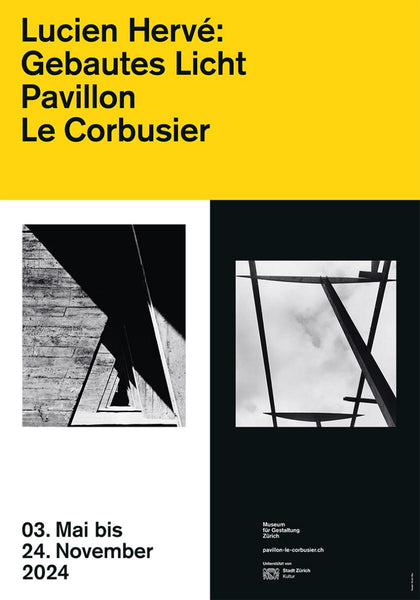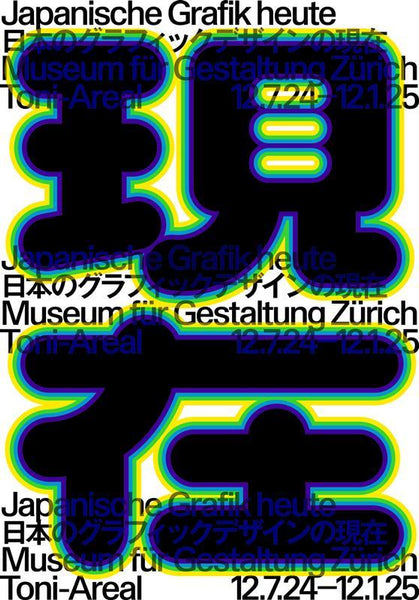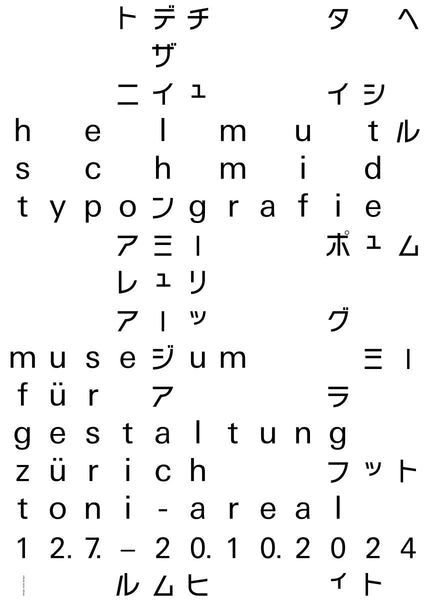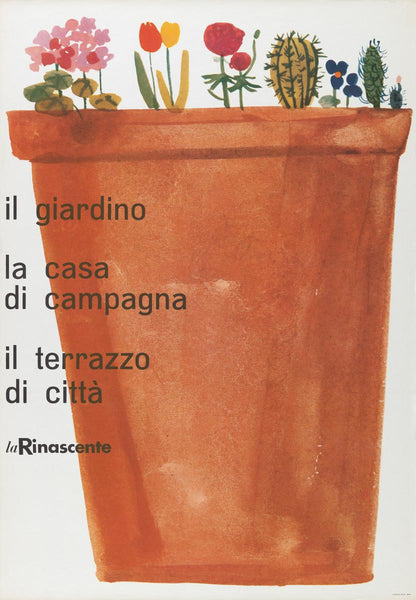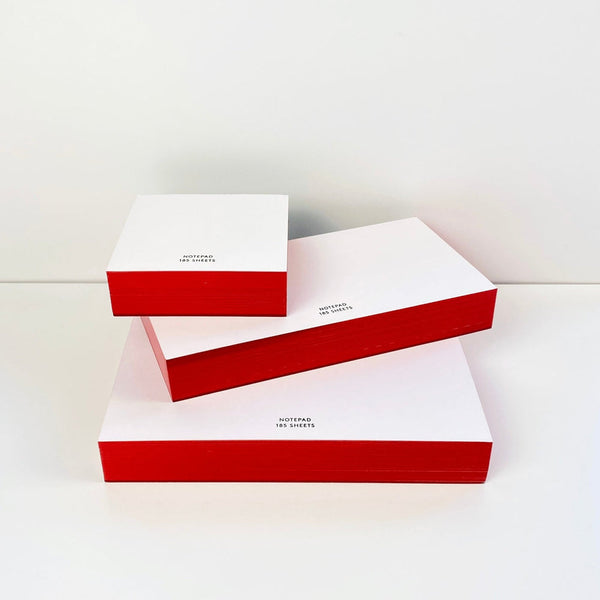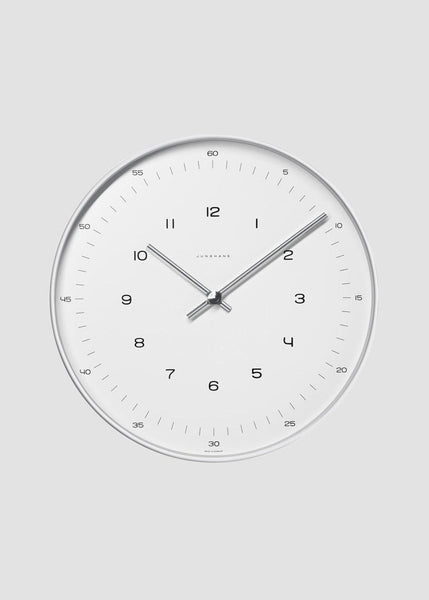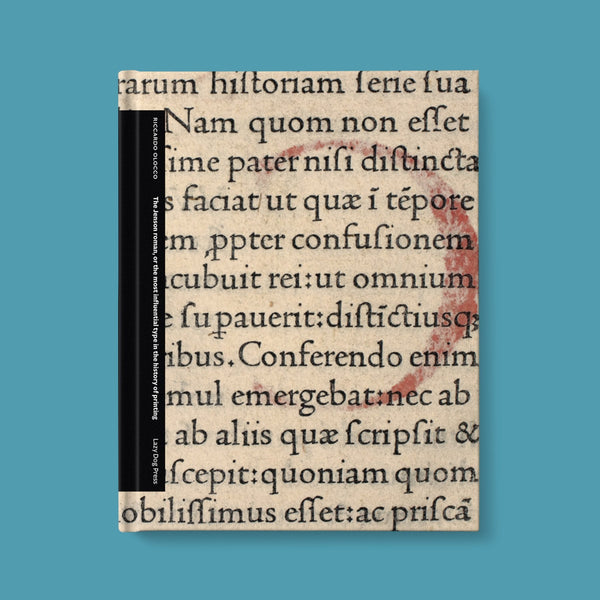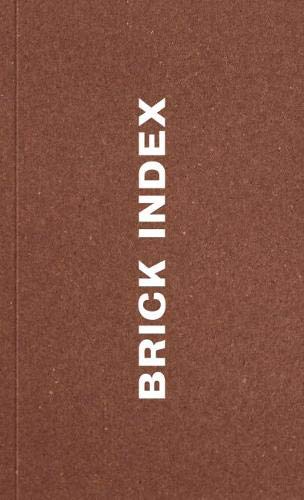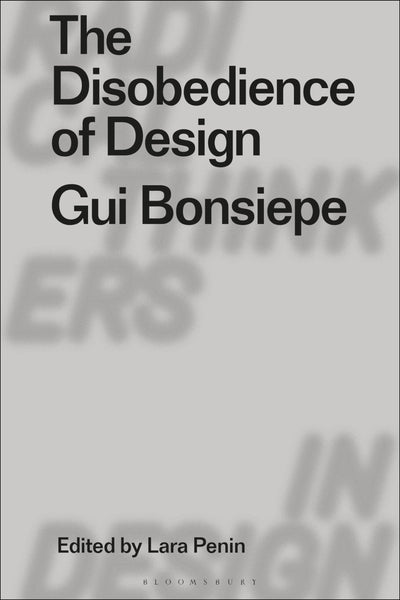Space Calculated in Seconds: The Philips Pavilion, Le Corbusier, Edgard Varese
Space Calculated in Seconds: The Philips Pavilion, Le Corbusier, Edgard Varese
$500.00
LE CORBUSIER. Treib, Marc
Princeton University Press, 1996
SKU: 20170
The pavilion designed by Le Corbusier for the Philips Company at the 1958 Brussels World's Fair showcased a spectacle that remains a landmark in multimedia production. The pavilion's nearly two million visitors encountered no typical display of consumer products; instead they witnessed a dazzling demonstration of cutting-edge technology in the service of the arts. This totally automated bombardment of color, voice, sound, and images was broadcast within a space of warped concrete shells, orchestrated by Le Corbusier and his colleagues into a cohesive 480-second program. The talents and efforts that went into this project, and the interaction of the personalities behind it, make for a fascinating tale that bridges architecture, music, and marketing--one that has never been told, perhaps because the building was dismantled after the fair. In this book, Marc Treib looks at both this remarkable collaboration and the significance of the Philips project, which can be viewed as a pioneering quest into the production of postmodern art or even as a prototype of virtual reality.
Achieving for the first time his goal to use electronic media for a synthesis of the arts, Le Corbusier collaborated with the composer/architect Iannis Xenakis, the filmmaker Philippe Agostini, the graphic designer and editor Jean Petit, and the composer Edgard Varèse, whose distinguished piece Poème électronique was composed for this project. Treib explains in vivid detail the idea and development of the building design--based on the geometry of the hyperbolic paraboloid--and how this ambitious vision materialized through an innovative system of precast concrete panels, engineered by H. C. Duyster. Treib also describes the working methods of the collaborators, depicting, for example, Xenakis's frustration with designing under Le Corbusier's shadow and the tensions suffered by the Philips artistic director coordinating his company's business interests with Le Corbusier's and Varèse's artistic aspirations.
This wide-ranging investigation into the Philips project also examines the role of rhythm, cinematic montage, spatialized sound, and the composition of Varèse's music. The result is an engaging exploration of artistic collaboration in the 1950s, set against the political and cultural context of a world exposition, and of the realization of ambitious architectural ideas.
312 pp. Cl.
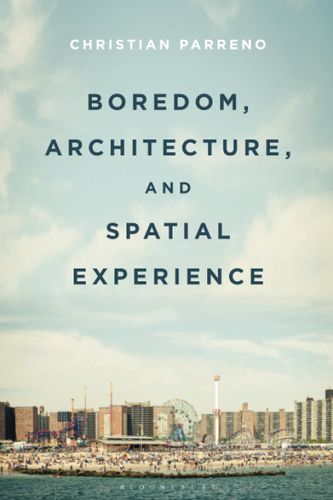




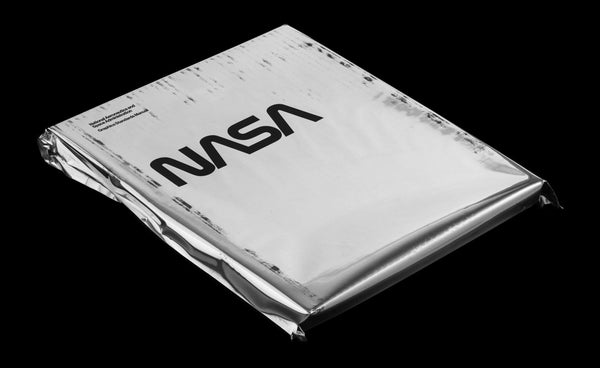



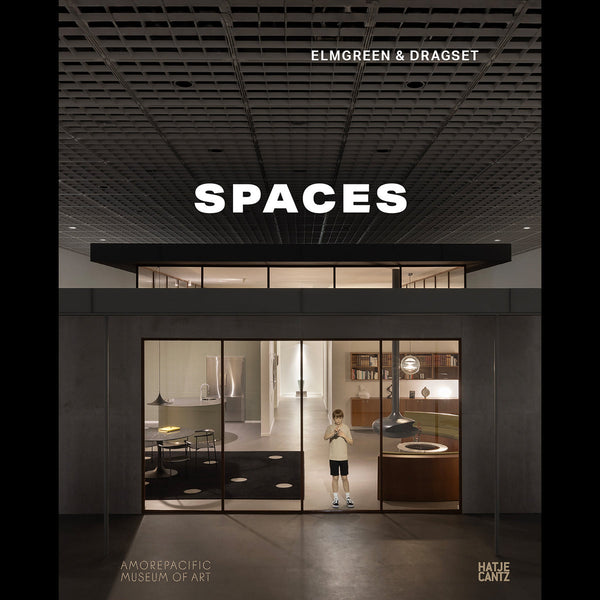





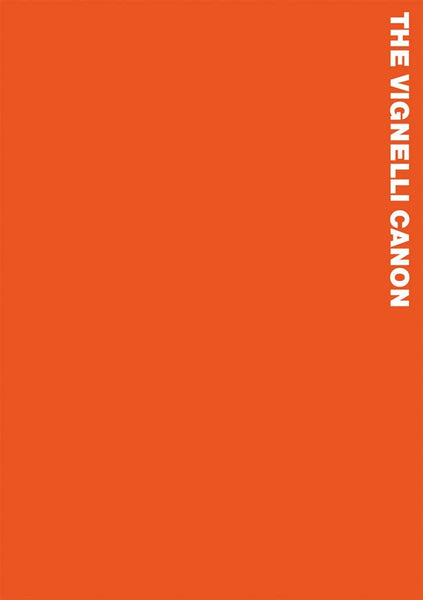
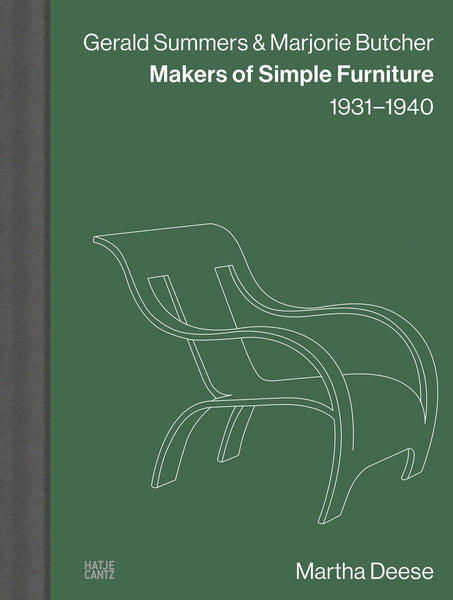

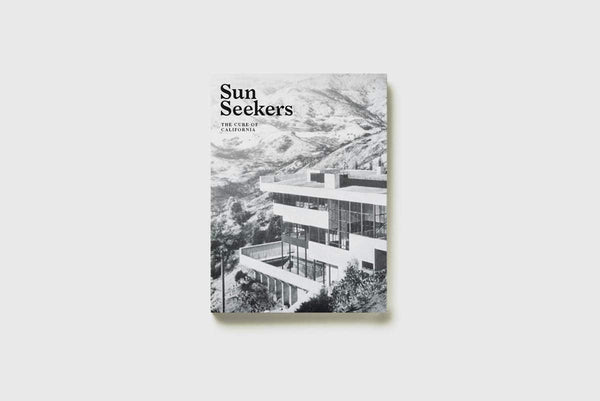
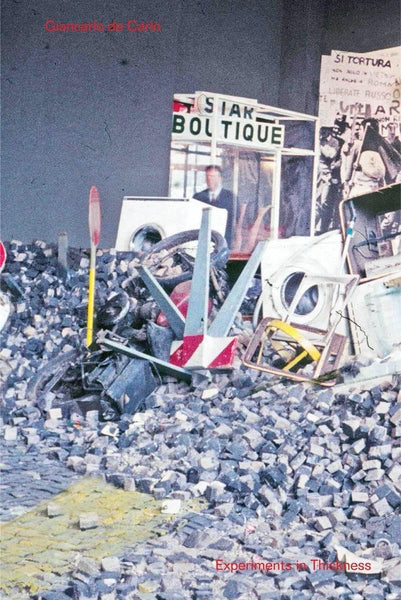


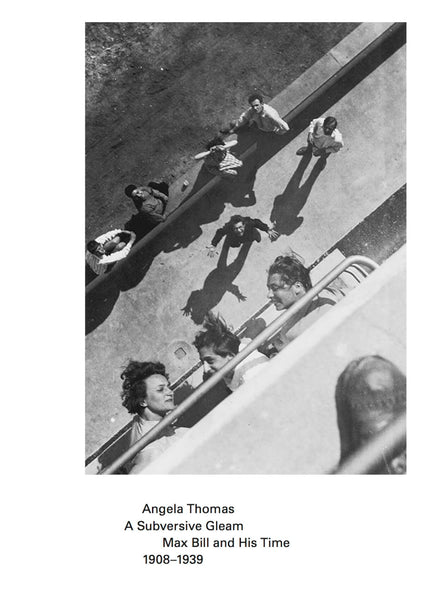
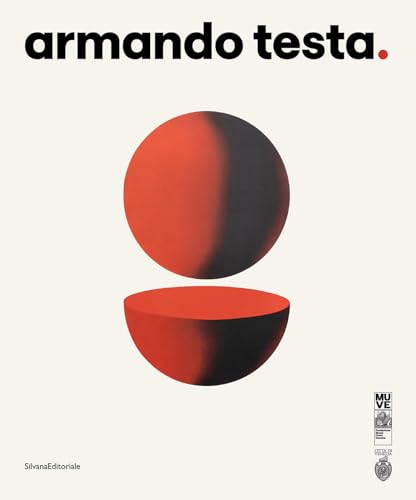
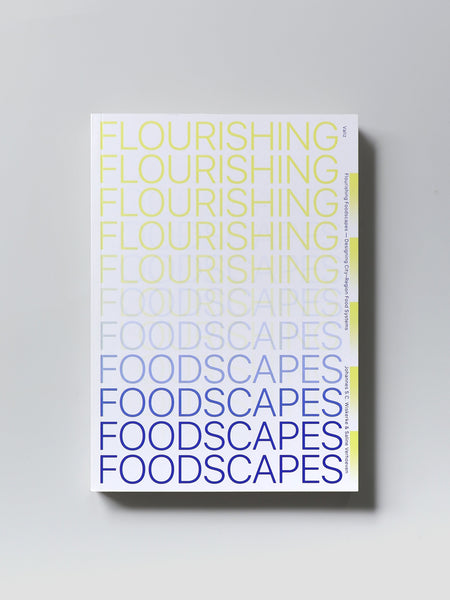
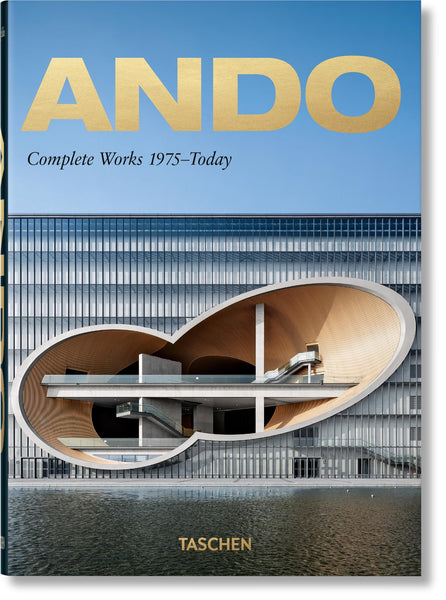

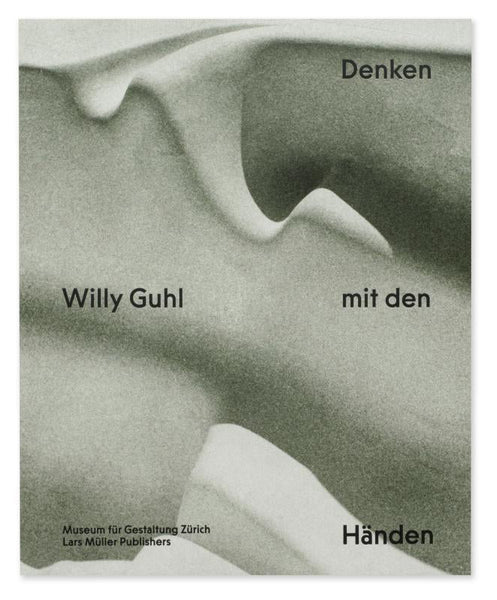
![no text [Peace between Nations] (poster)](http://stoutbooks.com/cdn/shop/files/download_4_grande.jpg?v=1734127780)
